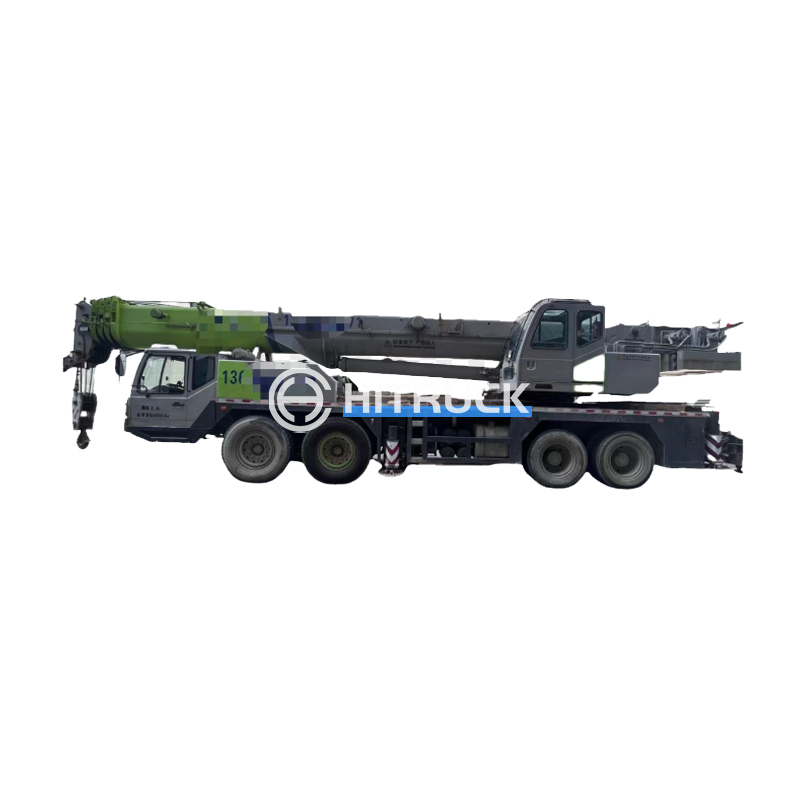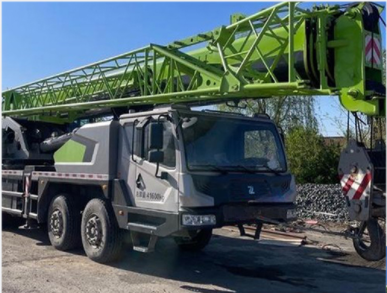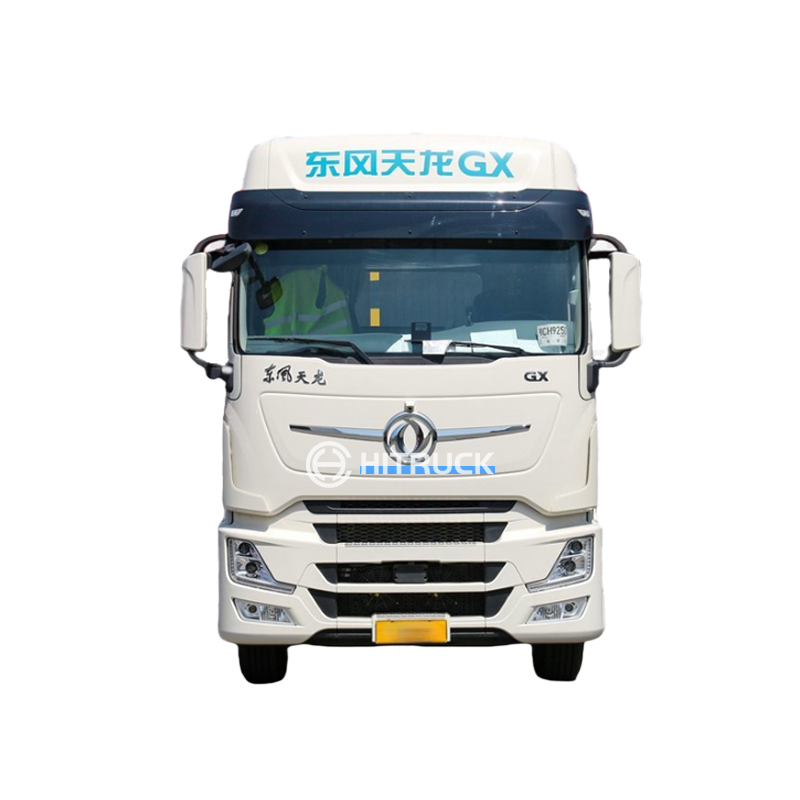This comprehensive guide explores the world of transit mixer trucks, covering everything from their various types and functionalities to factors to consider when purchasing one. Learn about the key features, benefits, and applications of these essential construction vehicles, enabling you to make an informed decision for your specific needs.
Transit mixer trucks come in a wide range of sizes and capacities, measured in cubic meters or cubic yards. The size you need will depend heavily on the scale of your projects. Smaller trucks are ideal for smaller jobsites and navigating tighter urban spaces, while larger trucks are necessary for larger-scale projects requiring high volumes of concrete. Consider factors like site accessibility and the volume of concrete needed per pour when selecting a size.
You'll find transit mixer trucks with various drive types, including 4x2, 6x4, and 8x4. 4x2 trucks are more commonly used for smaller jobs, while 6x4 and 8x4 offer increased traction and load-carrying capacity, making them suitable for challenging terrains and heavier loads. The choice of drive type depends significantly on the terrain and the weight of the concrete mix being transported.
The drum design of a transit mixer truck also plays a crucial role. Common designs include cylindrical drums, elliptical drums, and other specialized designs. Each offers advantages and disadvantages in terms of mixing efficiency, concrete discharge, and overall durability. Research the various drum types to determine which is best suited for your mixing requirements and the types of concrete you regularly handle.
The cost of a transit mixer truck can vary considerably depending on size, features, and brand. Establish a realistic budget and explore financing options if needed. Many dealerships offer financing plans, and understanding your options is crucial to avoid overspending.
Beyond the initial purchase price, consider the ongoing maintenance and operational costs. Factor in fuel consumption, regular servicing, potential repairs, and driver wages. A well-maintained transit mixer truck will minimize downtime and maximize its lifespan, offering a better return on investment in the long run. Choosing a reputable brand with readily available parts can also significantly influence these long-term costs.
Researching different manufacturers is key to finding a reliable transit mixer truck. Look into the reputation of the manufacturer, considering factors such as customer reviews, warranty offerings, and the availability of parts and service. A trusted manufacturer will provide support and ensure your truck remains operational for years to come.
To make the best choice for your needs, carefully evaluate your project requirements, budget, and the available options. Consulting with industry professionals and researching different models will help you make an informed decision that aligns with your specific circumstances. Remember to consider the long-term implications of your choice and the overall impact on your operational efficiency and profitability.
For a wide selection of high-quality transit mixer trucks, explore the inventory at Suizhou Haicang Automobile sales Co., LTD. They offer a range of options to suit various project needs and budgets.
| Feature | Considerations |
|---|---|
| Capacity | Project scale, site accessibility |
| Drive Type | Terrain, load capacity |
| Drum Type | Mixing efficiency, discharge |
| Budget | Initial cost, financing options, maintenance |
| Manufacturer | Reputation, warranty, parts availability |
Remember to always prioritize safety and adhere to all relevant regulations when operating a transit mixer truck.












